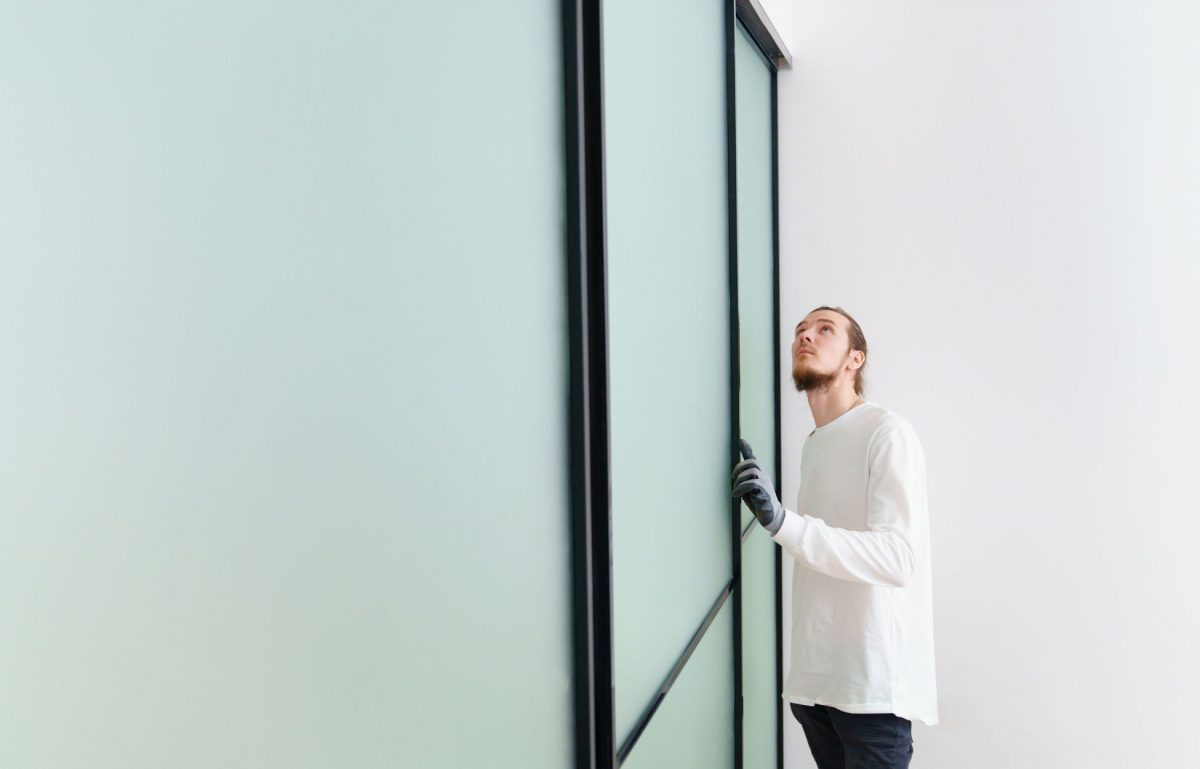Shop owners want practical ways to improve their business, and they can do that by upgrading the entry point to their establishment. The choice between swinging and sliding doors can impact functionality, safety, and other things. Choose your preferred model with the help of this guide.
Space Considerations
The most prominent difference between swinging and sliding doors is their space requirement. Swinging doors require a clear path, so you must consider the space necessary for the door to open fully. Sliding doors, on the other hand, only require space for the door to slide open and close, making them ideal for businesses with limited room, like a café with outdoor seating or a stationary shop.
Convenience
Swing doors are generally easy to open and close but require manual effort. Sliding doors can open and close manually, with the push of a button, or with a motion sensor! This is more convenient for customers, especially for people with accessibility needs. Most electronic sliding doors have sensors to detect motion and open automatically.
Energy Efficiency
The new doors for your storefront can influence your energy bills. Swinging doors are less energy-efficient because the constant opening and closing can let warm or cold air outside, impacting your HVAC system’s effectiveness. However, sliding doors have a tight seal between the door and frame, making them more energy efficient.
Safety and Security
When choosing between swing and sliding doors, think about security. Swing doors require a latch to lock, while sliding doors require a locking mechanism. Swing doors are more difficult to break into because of their solid structure. Unfortunately, sliding doors are more susceptible to break-ins due to their glass panels. However, you can purchase sliding doors with tempered glass and multi-point locking systems for additional security.
Style and Aesthetics
The style and aesthetics of the door can play a crucial role in improving your business’s appeal. Swinging doors offer a classic look and are ideal for boutiques or high-end shops. Sliding doors, on the other hand, provide a more contemporary look that suits establishments with a minimalist or industrial style.
Maintenance Requirements
Consider the maintenance requirements of your new door before deciding. Swinging doors might require more maintenance than sliding doors, especially when customers or employees frequently use them. Additionally, the hinges can become loose, and the closer mechanisms can wear out over time. Sliding doors are easier to maintain than swinging doors, as their parts experience less stress.













